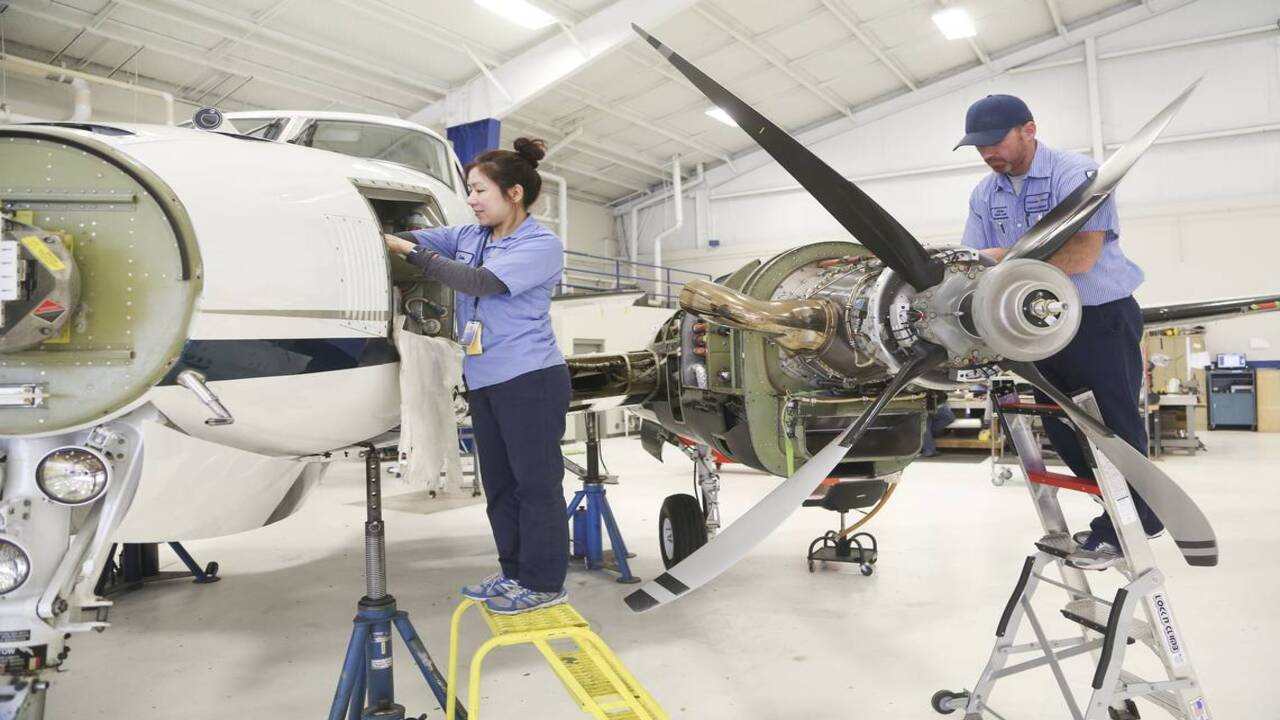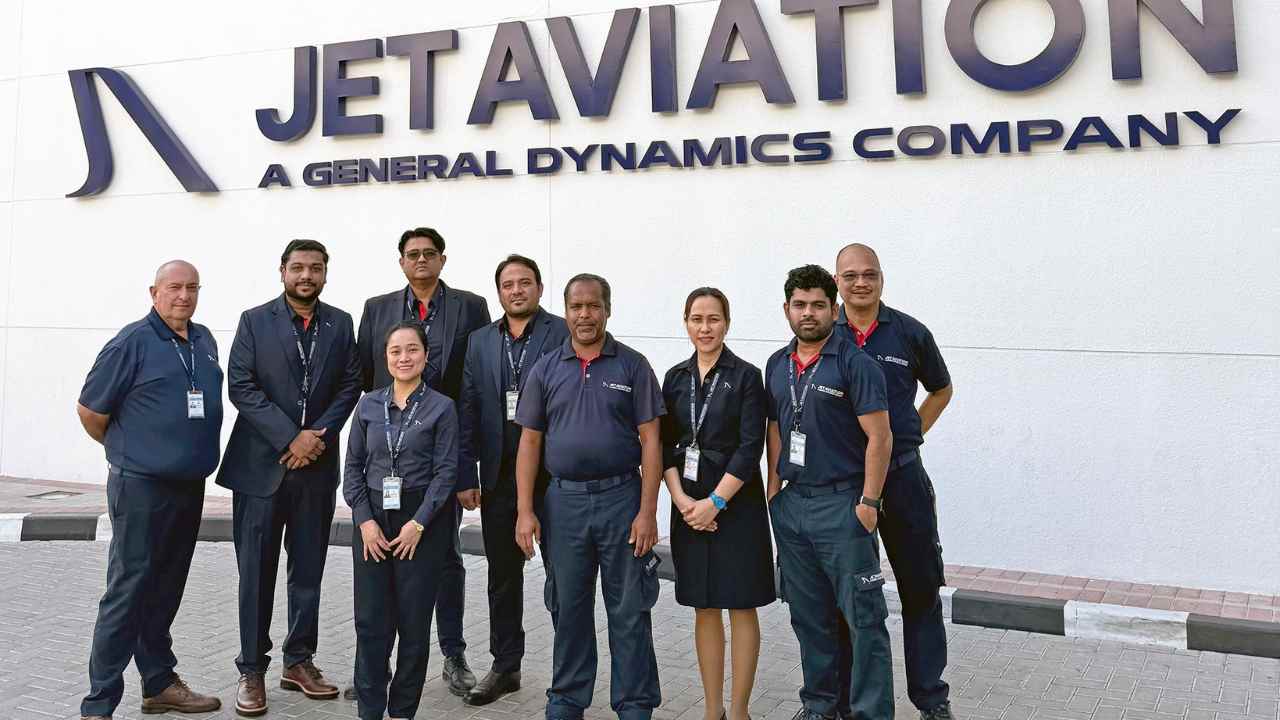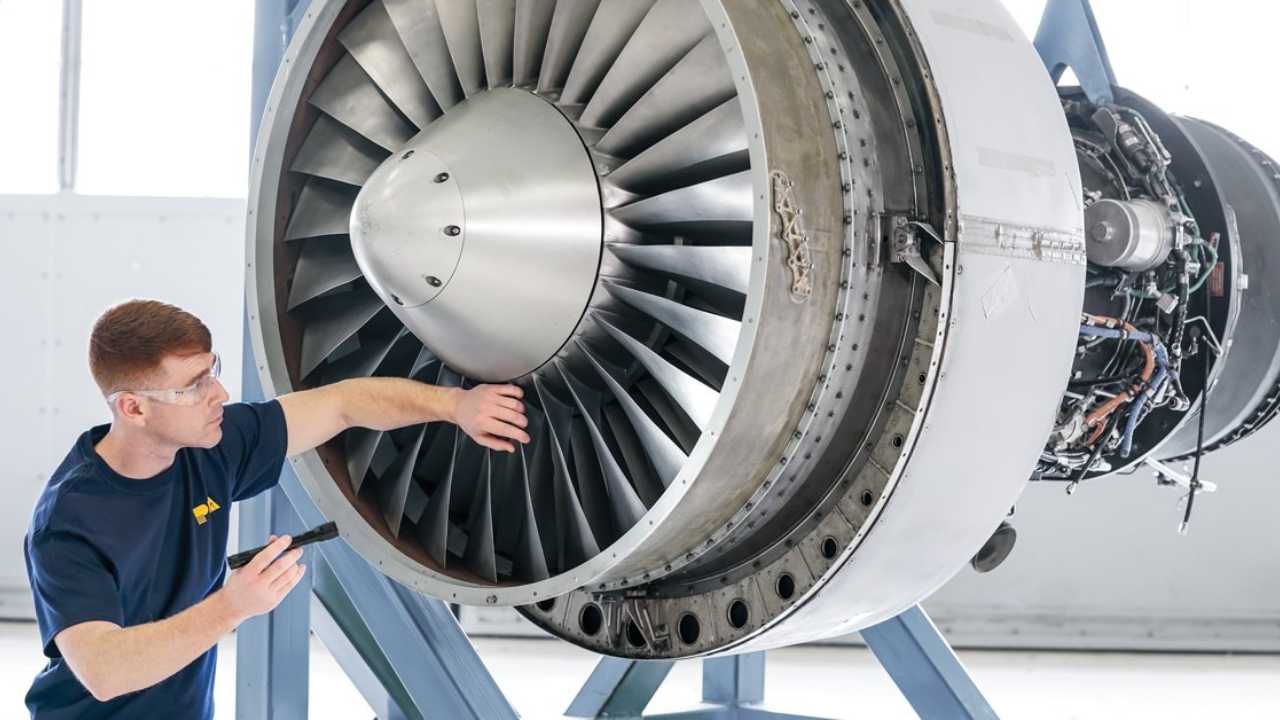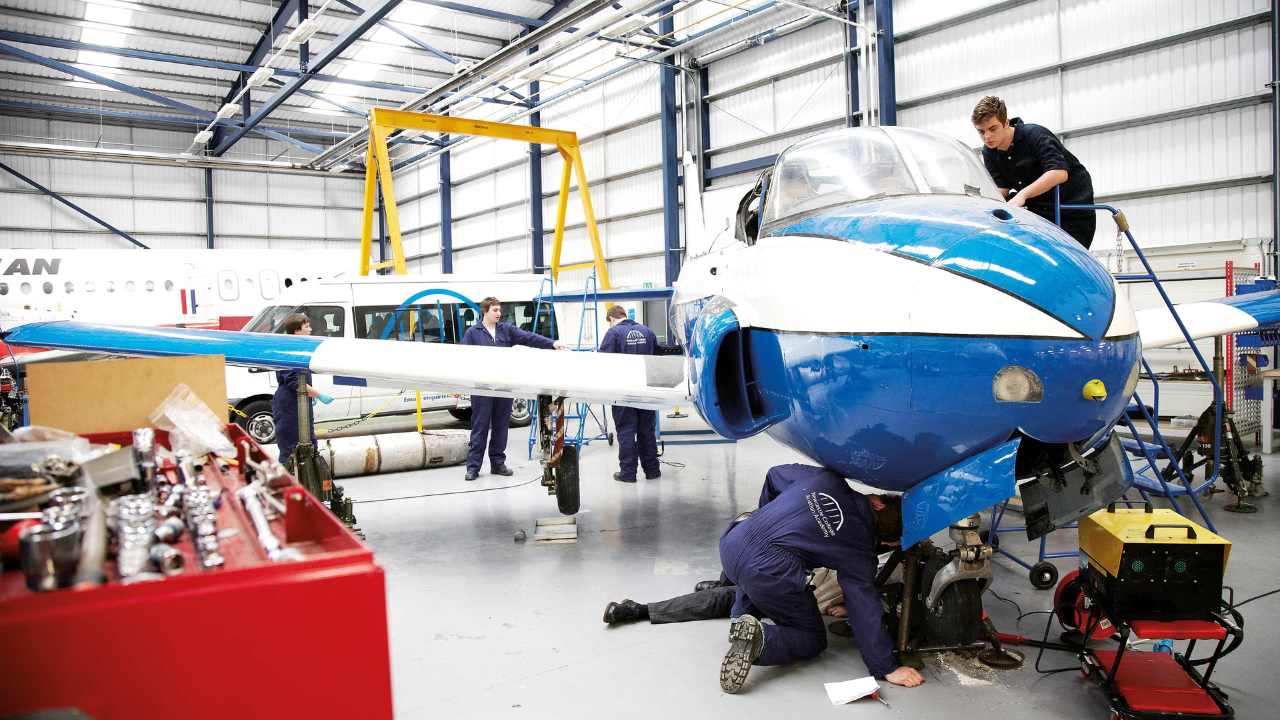The Aviation Institute of Maintenance (AIM) is a well-known institution for aviation maintenance training. Accreditation is a critical factor when choosing an educational institution, as it reflects the quality of education and its alignment with industry standards. Here’s an in-depth look at AIM’s accreditation, its importance, and what it means for prospective students.
Accreditation Status of the Aviation Institute of Maintenance
1. National Accreditation by ACCSC
- Accrediting Commission of Career Schools and Colleges (ACCSC): AIM is nationally accredited by ACCSC, a recognized accreditor by the U.S. Department of Education. This status ensures that AIM meets the standards for educational quality and institutional integrity.
- What It Covers: ACCSC accreditation verifies that AIM’s programs, faculty qualifications, and campus facilities adhere to set standards, providing assurance that the training is industry-relevant and of high quality.
2. Federal Aviation Administration (FAA) Approval
- FAA-Approved Programs: Many AIM programs are FAA-approved, particularly those that train students to earn their Airframe and Powerplant (A&P) certifications. This approval is essential for students aiming to work on aircraft maintenance in compliance with federal aviation standards.
- Why It Matters: FAA approval indicates that AIM’s curriculum aligns with federal regulations, which is crucial for any institution training aviation maintenance professionals.
Importance of Accreditation for AIM Students
Accreditation has significant benefits for students, from eligibility for financial aid to enhancing employment opportunities. Here’s how AIM’s accreditation status benefits you:
1. Financial Aid Eligibility
- Federal Financial Aid Access: Because AIM is accredited, students may qualify for federal financial aid, including grants, loans, and scholarships. This can help ease the cost of tuition and related expenses.
- Military and Veteran Benefits: Accredited institutions are also approved for veteran education benefits, such as the GI Bill®, making AIM accessible to veterans looking to transition to civilian careers.
2. Transfer of Credits
- Limitations with National Accreditation: While national accreditation is a mark of quality, it may limit credit transfers to regionally accredited institutions. Students planning to transfer credits or pursue a higher degree should keep this in mind.
- Internal Program Transfers: Credits can usually be transferred between AIM campuses, making it easier for students to continue their education if they relocate.
3. Enhanced Employment Opportunities
- Employer Recognition: Employers often prefer candidates who graduate from accredited programs, as it indicates that they’ve received comprehensive and regulated training.
- Alignment with Industry Standards: Accredited programs provide a curriculum that aligns with industry requirements, making AIM graduates attractive candidates in aviation maintenance roles.
AIM Programs and FAA Approval
The following table outlines AIM’s FAA-approved programs available across various campuses. These programs equip students with the required certifications and skills to enter the aviation maintenance field.
| Program | Certification/Approval | Description |
|---|---|---|
| Airframe and Powerplant (A&P) | FAA Approval | Prepares students for A&P certification, covering both aircraft structures (airframe) and engines (powerplant). |
| Avionics Technician | FAA-Recognized Curriculum | Focuses on electrical systems, wiring, and avionics repair for aviation technology. |
| Combination Welding | Industry-Standard Curriculum | Teaches welding skills relevant to aircraft maintenance and repair. |
| Aviation Maintenance Technician | FAA Approval | General maintenance skills for aircraft, preparing students for a range of aviation maintenance roles. |
Benefits of Choosing an Accredited School for Aviation Maintenance
1. Quality Assurance
- Program Quality: Accreditation means AIM’s programs are reviewed for quality and relevance, ensuring that graduates receive comprehensive and effective training.
- Experienced Instructors: Accreditation requires institutions to employ qualified instructors with relevant industry experience, providing students with mentorship and expertise.
2. Career Support Services
- Job Placement Assistance: AIM offers career placement services, connecting students with potential employers within the aviation industry.
- Alumni Network: Graduates of accredited programs benefit from the school’s network, opening doors to job opportunities and industry connections.
3. Licensing and Certification Preparation
- A&P License Prep: AIM’s curriculum is designed to prepare students for the A&P exams, an essential certification for aviation mechanics.
- Hands-On Training: FAA-approved programs incorporate hands-on training, giving students practical experience with aircraft maintenance tasks.
Frequently Asked Questions (FAQ)
1. Can I transfer my credits from AIM to a traditional college or university?
Because AIM is nationally accredited, credit transfer to regionally accredited institutions may be limited. Some schools may accept the credits, but it’s essential to confirm with the receiving institution.
2. Does AIM offer any online programs?
AIM primarily focuses on hands-on training for aviation maintenance, which requires in-person attendance. However, some coursework may be available online for flexibility in certain subjects.
3. How long does it take to complete the aviation maintenance programs at AIM?
Most programs take about 18 to 24 months to complete, depending on the specific course and program schedule.
4. Is AIM’s A&P certification program recognized globally?
AIM’s A&P program prepares students for the FAA certification, which is widely recognized in the U.S. For international recognition, students may need additional certification based on the country’s aviation regulations.
5. Are there financial aid options available for AIM students?
Yes, as an accredited institution, AIM students may qualify for federal financial aid, including loans, grants, and scholarships. Additionally, military benefits are available to veterans.
Conclusion
Accreditation is a significant advantage for AIM students, enhancing credibility, access to financial aid, and employment opportunities. With FAA-approved programs and ACCSC accreditation, the Aviation Institute of Maintenance provides comprehensive training that aligns with industry standards. Students who aim for a career in aviation maintenance can trust that AIM’s programs meet high educational and professional standards, making it a strong choice for anyone interested in this field.



